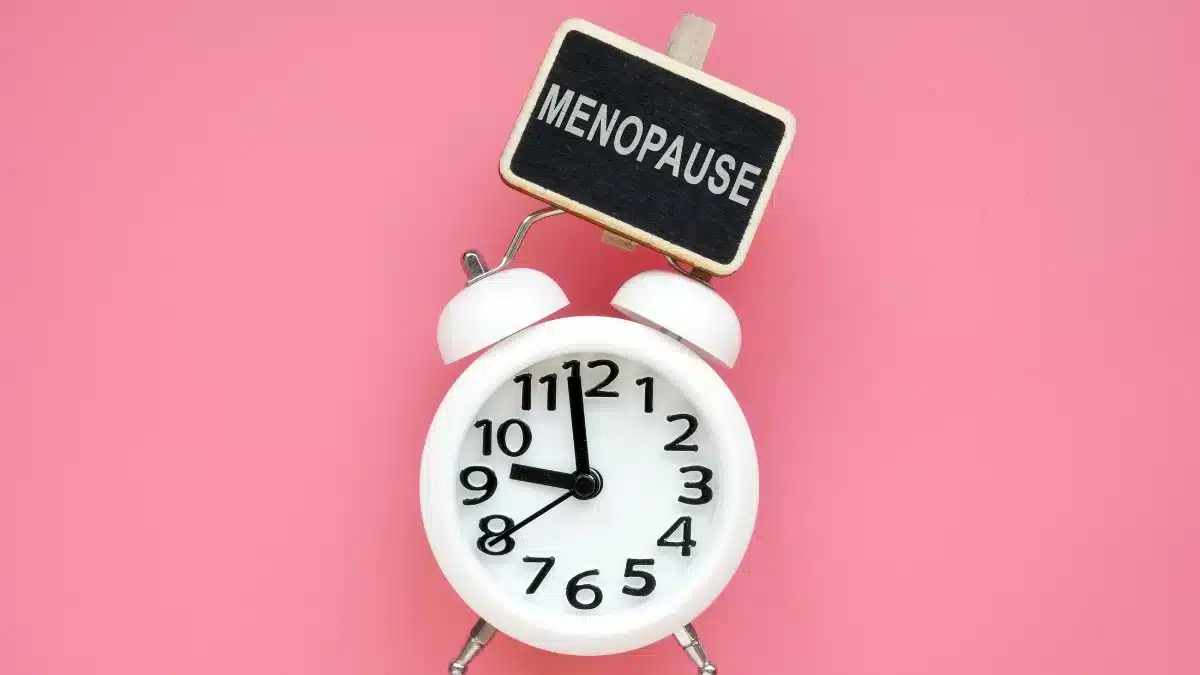Do all Women go Through Menopause?
Menopause is a significant and inevitable phase in a woman’s life, but there is often confusion surrounding whether every woman goes through it.
Every woman faces Menopause, but some may get early menopause due to some medical interventions.
In this article, we will know whether all women go through Menopause.
If it is experienced by all women universally or exceptions exist to this natural transition.
We will know the factors that influence Menopause and the diversity of women’s experiences and shed light on this aspect of female health.
Factors affecting Menopause onset
Menopause, when a woman stops having periods and can’t have babies, doesn’t happen at the same age or in the same way for everyone.
Several things can affect when and how Menopause occurs:
Genetics
Your family history can influence the timing of Menopause.
If your mother or grandmother had early or late Menopause, it may run in the family.
Environmental factors
Some lifestyle choices, like diet and how active we are, can play a role in when Menopause happens.
A healthy diet and regular exercise have a positive impact.
Medical factors
Certain health conditions, surgeries (like removing the ovaries), and specific medications can cause Menopause earlier than expected.
Overall, Menopause is a unique experience for each woman, and understanding these factors can help us navigate this natural phase in our lives.
Different Menopause experiences

Not every woman faces the same severity and gets Menopause simultaneously.
These are the variations that every woman faces:
Perimenopause
Before Menopause, there’s a phase called Perimenopause. It’s like a transition period when hormonal changes start happening.
Women might experience symptoms like irregular periods and mood swings during this time.
Variation of symptoms
Menopause experiences are different for every woman.
Some might have a smooth journey with mild symptoms, while others could face more significant challenges during this phase.
Early Menopause
In some cases, Menopause can happen earlier than usual, between the ages of 40 to 45.
This might be due to factors like genetics or certain health conditions.
Premature Menopause
Premature Menopause is when menopause-like symptoms occur before the age of 40.
It’s less common and might be caused by specific medical conditions.
Surgical Menopause
Some women have their ovaries removed through surgery for medical reasons.
This causes Menopause to happen suddenly and can lead to more intense symptoms.
Remember, menopause experiences are unique to each woman, and it’s essential to seek support and guidance from healthcare professionals during this phase.
Specific medical conditions
Certain medical conditions, like Turner syndrome or Primary Ovarian Insufficiency (POI), can lead to no menopause or early menopause-like symptoms before age 40.
Hormonal disorders, such as Hypothalamic Amenorrhea, may also cause missed periods and delay Menopause.
Women with these conditions should seek medical guidance to manage their reproductive health effectively.
In rare cases, certain medical conditions can cause some women not to experience natural Menopause.
These conditions affect hormones and the reproductive system.
While most women go through Menopause as a natural part of aging, these situations highlight that Menopause is not universal and can be influenced by various medical factors and treatments.
The emotional and psychological impact of Menopause

Women face various challenges during the period of Menopause.
Some of the major impacts that women face are as follows:
- Challenges during Menopause: Menopause can bring emotional and psychological changes in some women. They might experience mood swings, anxiety, or sadness during this time
- Societal stigma and misconceptions: Sadly, there are misunderstandings and stigmas about Menopause in society. Some people might not understand what women are going through, which can make it harder for them to cope
- Importance of support and communication: Having a support system of friends, family, or healthcare professionals is crucial during Menopause. Talking openly about feelings and experiences can help women feel understood and less alone
Remember, Menopause is a natural phase of life, and it’s okay to seek support if you find it challenging.
With understanding and care, women can navigate this stage with greater ease and well-being.
Conclusion
Menopause affects most women, but there are exceptions.
Some women may not experience Menopause due to medical interventions or treatments.
Menopause experiences vary among women, influenced by genetics, lifestyle choices, and health conditions.
Understanding and supporting women during this time is essential, as they may face emotional and psychological challenges.
Seeking help from healthcare professionals and having a supportive community can make this natural transition smoother and more manageable.
Embracing Menopause as a unique part of womanhood empowers women to navigate this phase with confidence and well-being.
Frequently Asked Questions
Does every woman suffer from Menopause?
Menopause affects women differently. Some may have mild or no symptoms, while others can experience severe effects that disrupt daily life. Usually, the first sign of Menopause is a change in your period pattern.
At what age do women stop having periods?
Menopause is when you stop having periods. It’s confirmed after 12 months without a period. Menopause usually happens in your 40s or 50s, with the average age being 51 in the United States.
Can you be 60 and still not in Menopause?
Menopause typically happens around 51 or 52 for most women, but it can vary. Some women might experience Menopause in their late 50s or early 60s. Genetics, lifestyle, menstrual cycle patterns, and medications influence the timing.
WowRx uses only high-quality sources while writing our articles. Please read our content information policy to know more about how we keep our content reliable and trustworthy.






